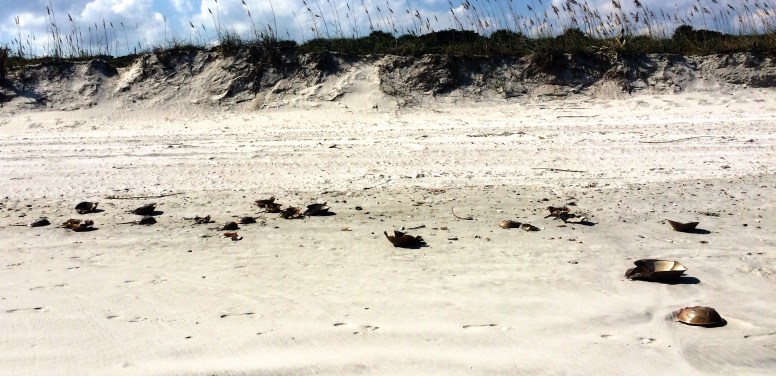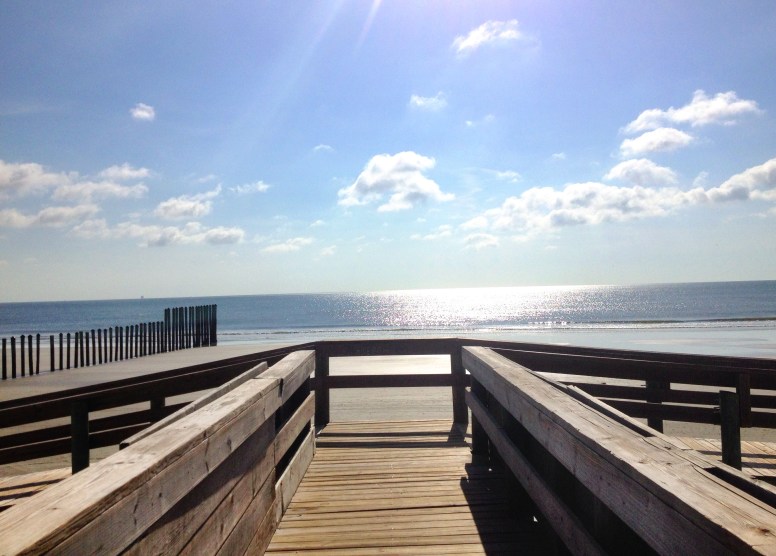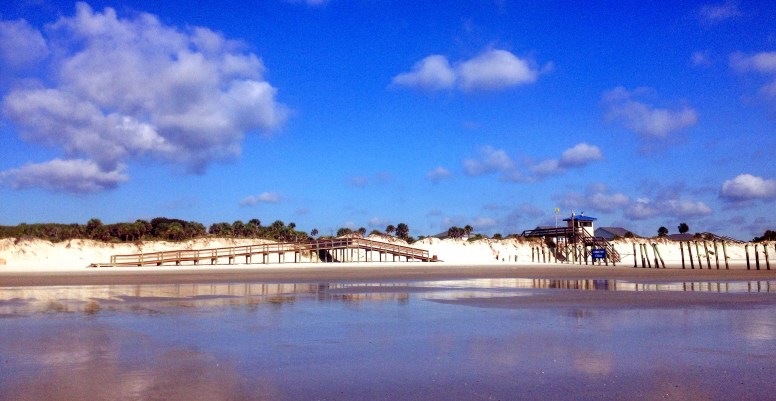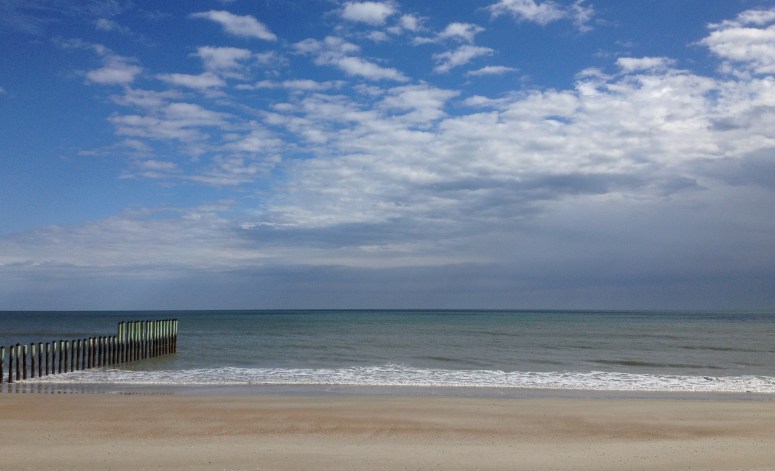“Tell me a story, ” was one of my daughter’s earliest sentences.
We humans are born with a love of stories. Made up. True. Entertaining. Educational. Cautionary. We want them all.
“Next to hunger and thirst, our most basic human need is for storytelling.” —Khalil Gibran

Difficult to reach and see from the public garden it adorns, this iron fan greets those who make a wet approach, marking the start of stories waiting to unfold.
But what is a story? And why do we want them, demand them, love them, and hand them down like keepsakes through generations?
What is a story?
A basic definition of story is an account or narrative of an incident, event, or experience, or a series or combination of these.
What happened can be true but doesn’t have to be. Who it happened to can be a real person, place, or thing, or conjured. The story can be told from any perspective, and by one or many points of view. The same story told by several can range from deja vu to no apparent relation. But each and all is a story.
” In the end we all become stories.” —Margaret Atwood
So pervasive is story in our lives that we continue to create and use phrases and synonyms that, rather than narrow the meaning of the word, infuse it with increasing range and allow for opposing and contradictory meaning.
A story can be news, gossip, true, or a lie. It can be a legend, folklore, fable, or myth, parable, spiel or yarn, anecdote, report, article, or history, fairy tale, novel, biography, or memoir, broadcast, performance, drama, or saga. It can be the excuse you give for getting home late or the plot of a literary masterpiece or award-winning movie. We tell stories with words (spoken, written, or sung), music and dance, and visually with paint, film, pixels, clay, metal, and a mess of other mediums. The story is more important than how it’s told, unless you’re the first to break the news because then it’s a scoop. And if several of us are explaining the same suspicious event and want to ensure that our versions match we have to get our stories straight.
When we look for the story behind the story we’re gathering background information, which leads into the alternate meaning we’ve given the word–the levels or layers of buildings we construct to reach skyward. What better way is there to continuously remind ourselves that levels and layers exist beneath what’s communicated? It’s rare when there isn’t more to the story than what we first hear, read, or observe.
Why are stories critical to us?

The story goes that we can hear the ocean by putting a shell to our ear. Does hermit crab hear the stories of its adopted home’s past inhabitants?
Stories are the way we communicate and relate to each other and our world. They help us navigate our lives. Through stories we prepare and anticipate, explore options, and process what we’ve experienced.
“Sometimes reality is too complex. Stories give it form.” —Jean-Luc Godard
We crave examples of what if and what about and if only. We want to imagine ourselves in someone else’s situation and decide if we would handle it the same way. We want reassurance that we are not alone. Stories provide endless opportunities for all of these.
Sharing stories is how people get to know each other. When we make a friend we don’t give them a list our features and characteristics, we tell stories about our past experiences. We tell stories to explain ourselves, life, and the world. We share stories with others to help them learn from our mistakes and victories, to draw us closer and to set ourselves apart.
We listen to, read, watch, and tell stories not to escape our world but to help us make sense of it, tame it, and find our place in it. Stories shape our world and everyone in it. They are a critical, inescapable component of humanity.
“Story, as it turns out, was crucial to our evolution–more so than opposable thumbs. Opposable thumbs let us hang on; story told us what to hang on to…Story is what makes us human, not just metaphorically but literally.” —Lisa Cron
Stories enable growth, innovation, and evolution, not just for each of us individually, but for our societies and species as a whole.
How do stories affect us?
We learn early in life that telling a good story is an excellent way to get someone’s attention and communicate anything important. Our parents and families tell us stories to amuse us, teach us, and put us to sleep. We learn from stories it’s a bad idea to cry wolf, grasp only at low hanging fruit, walk alone to grandma’s house, or accept hospitality from scary old ladies that live in the woods. Stories comfort us with promises that heroes rescue good people and reminders that everyone says goodnight to the same moon.

Young yellow dog’s story: the world is scary but I think I’m brave enough to watch it from the safety of mom’s feet.
“Stories have power. They delight, enchant, touch, teach, recall, inspire, motivate, challenge. They help us understand. They imprint a picture on our minds. Consequently, stories often pack more punch than sermons. Want to make a point or raise an issue? Tell a story.”—Janet Litherland
Stories don’t just envelope us at home or at play. They’re also the foundation of our work and business lives. Marketing is storytelling–from branding to sales to customer retention campaigns. Companies start by telling us their story, then the story of how their products or services made our neighbors happier, smarter, and richer, and finally the story of how good we feel about being part of their story again and again through brand loyalty and repeated purchases.
Do you buy something because of a list of facts and features? Probably not. Usually we buy a particular product because we feel certain it will make our lives better.
“Facts don’t persuade, feelings do. And stories are the
best way to get at those feelings.” —Tom Asacker

How many have walked this path to Hanna Beach? Did their stories disappear with their footprints?
The stories we tell ourselves and each other shape our thoughts and beliefs individually, and as members of the various groups we belong to. Families, neighborhoods, schools, organizations and clubs, companies, cities, states, political parties, religions, countries, continents, and the entire world tell and retell the stories that bind us together, differentiate us from nonmembers, and guide our decisions and beliefs about ourselves, those who agree with us, and those who don’t. The power of stories to change the lives of individuals or nations, to start and end wars, to determine how the world perceives our universe and the existence of and passage of time, gave rise to and perpetually defend the cliché that the pen is mightier than the sword.
“The destiny of the world is determined less by the battles that are lost and
won than by the stories it loves and believes in.” — Harold Goddard
Do you want to get my attention? Teach me? Entertain me? Persuade me? Inspire me? Convince me? Change my mind?
Tell me a story.
This is the first of a three blog series about story. Part two will be What’s Your Story?




















